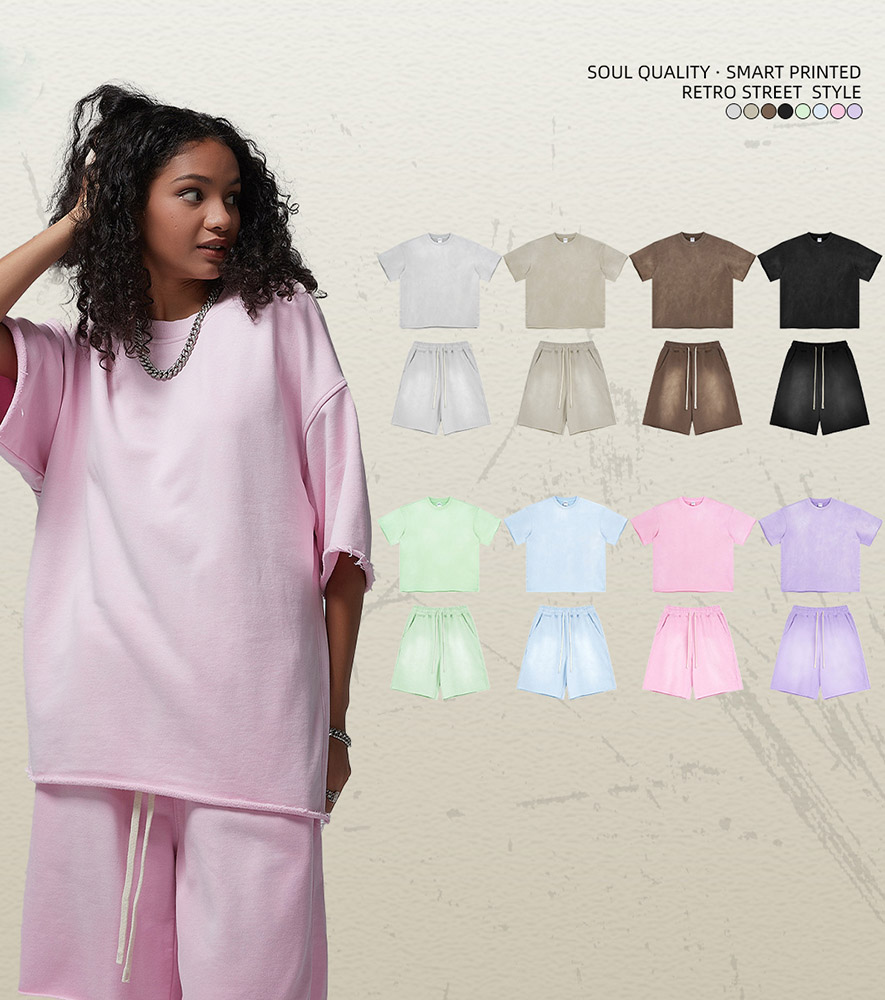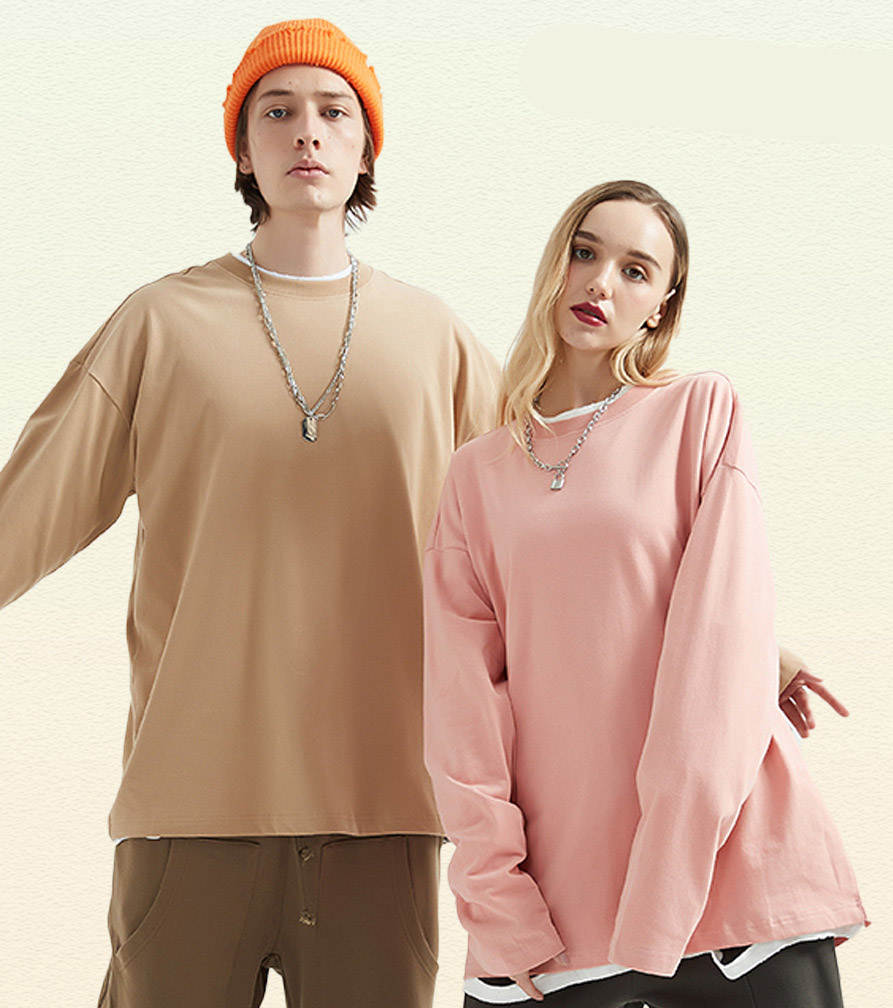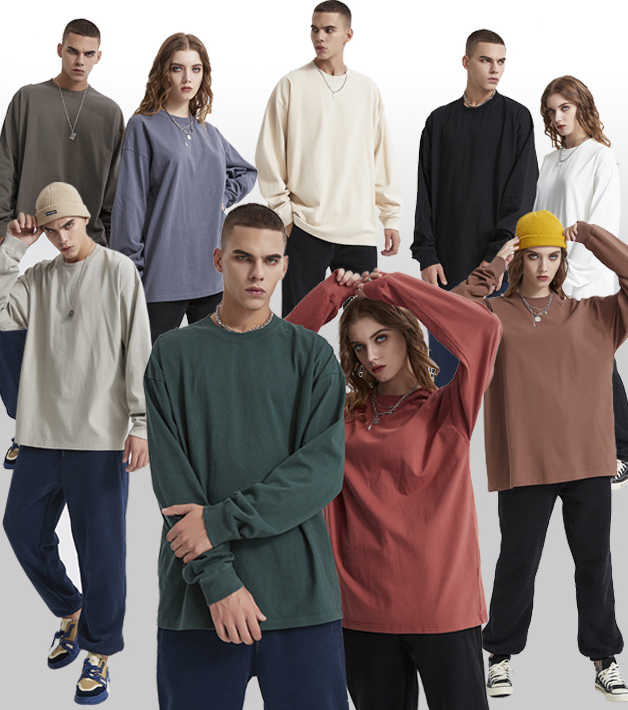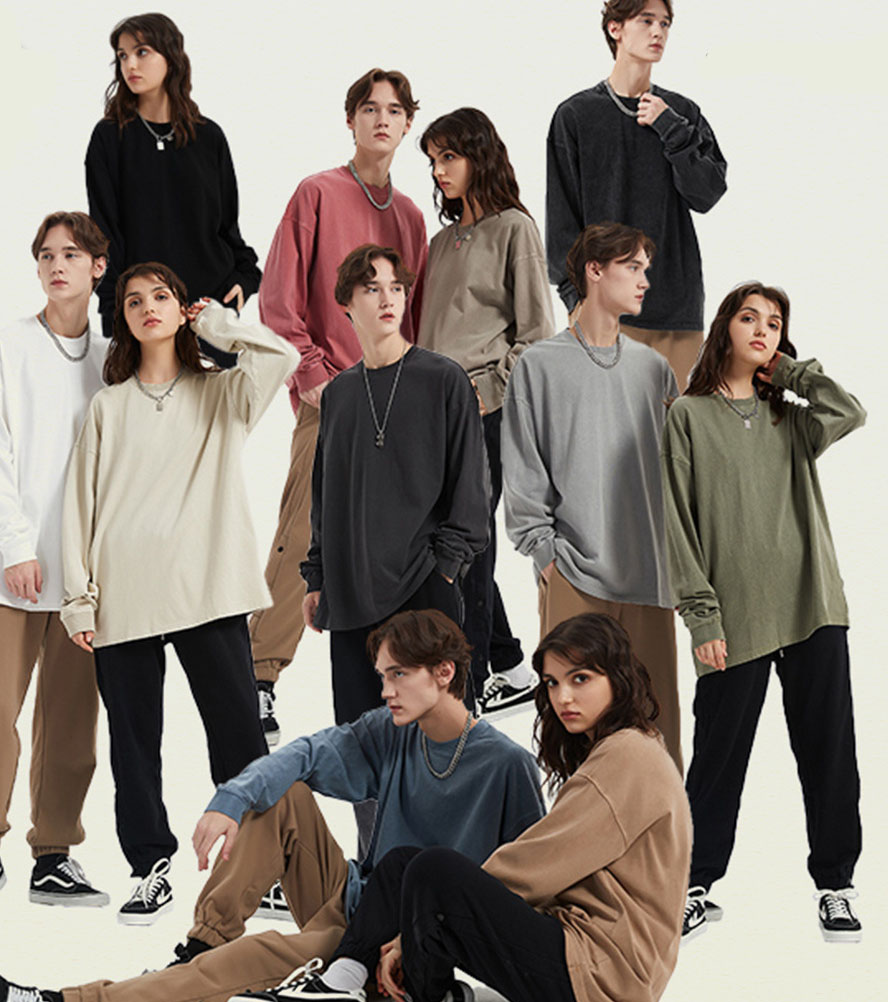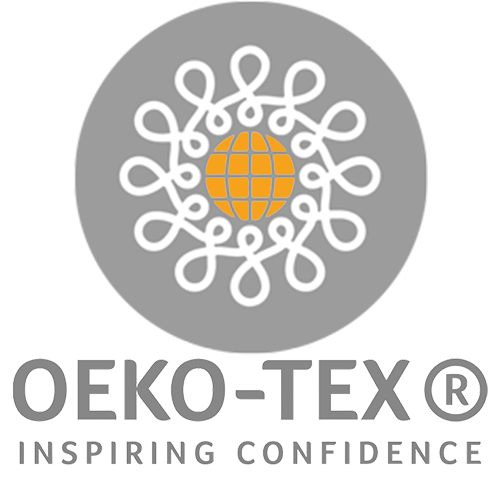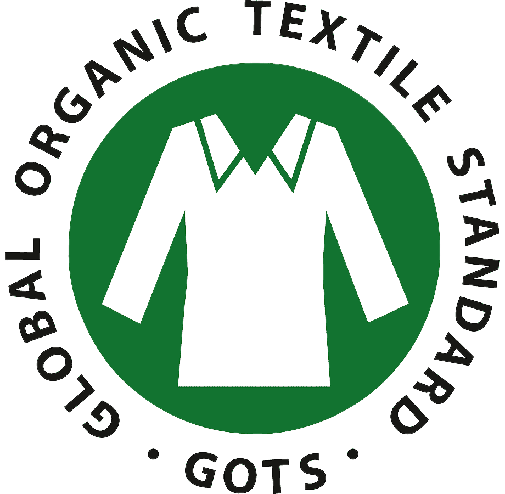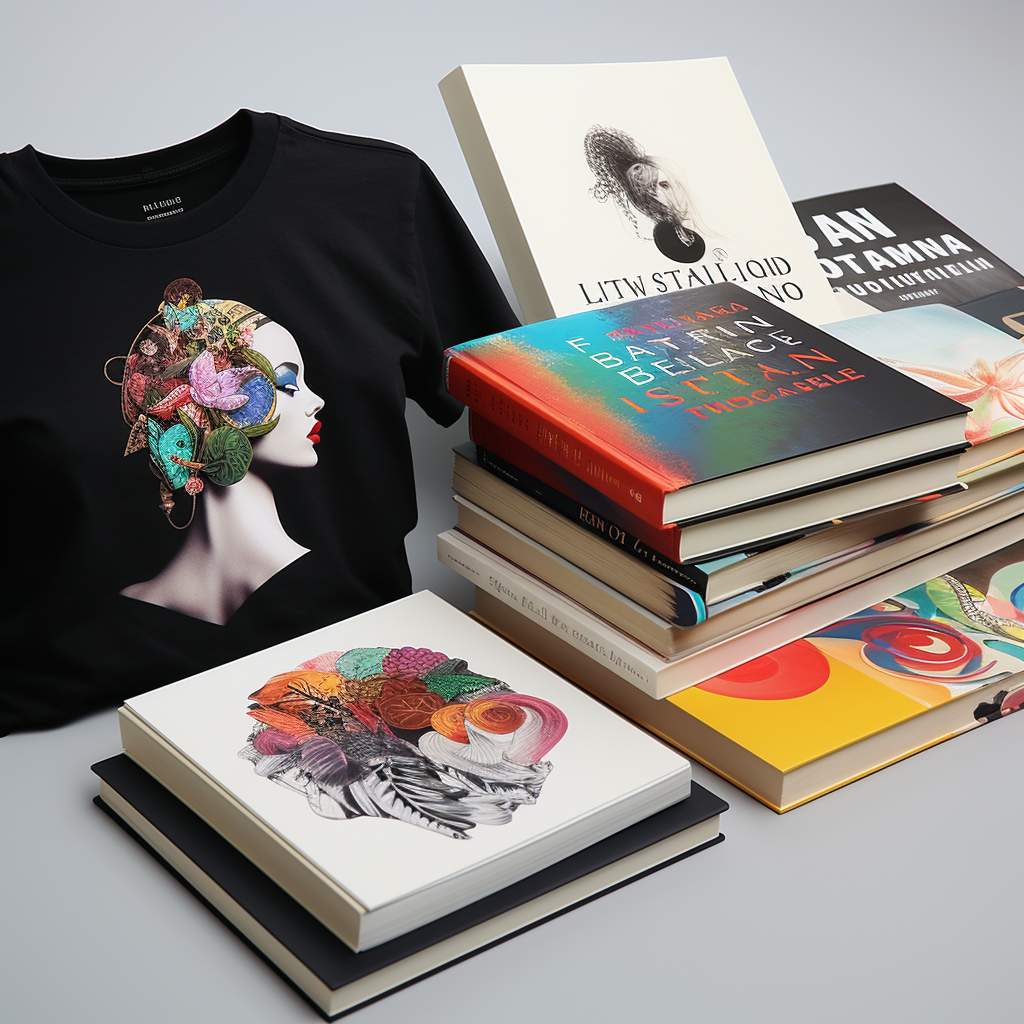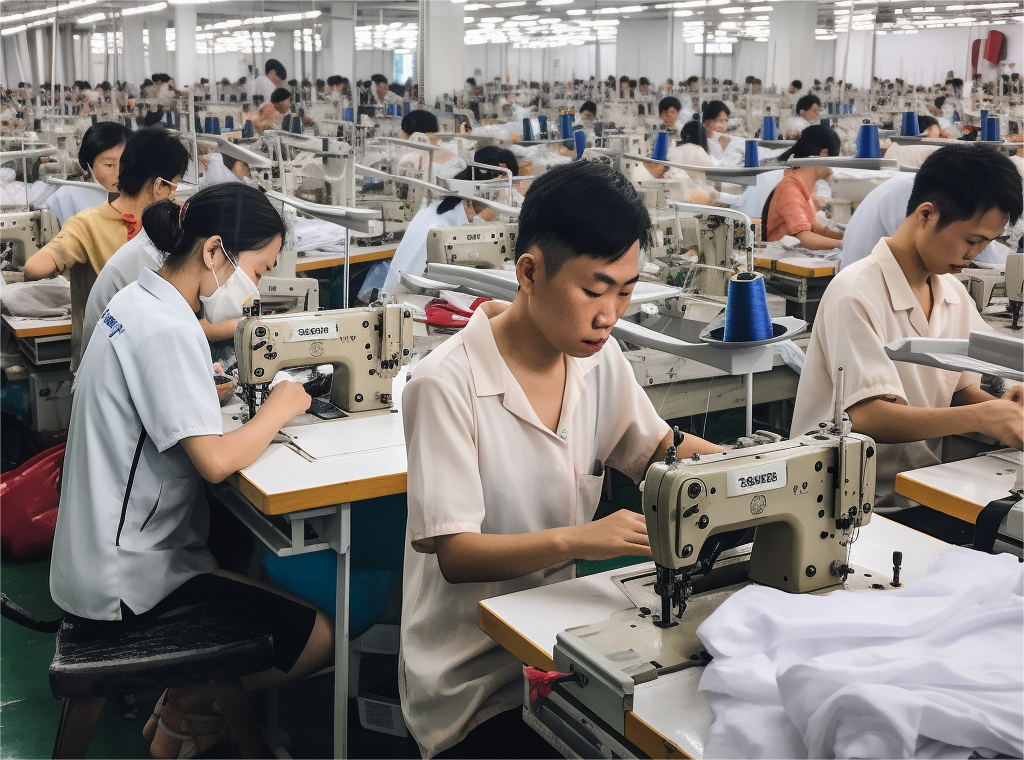
Navigating the vast landscape of T-shirt manufacturing in China can be challenging. This guide offers a deep dive into the heart of China’s textile industry, highlighting the historical context, types of manufacturers, and the importance of quality control.
It provides actionable steps to find the right manufacturer, from research to factory visits, and emphasizes the significance of understanding Chinese business culture and legalities.
The guide also addresses potential challenges, offers solutions, and presents a success story to illustrate the journey of T-shirt sourcing in China. With a look into future trends and a list of valuable resources, this guide is a one-stop solution for businesses aiming to tap into China’s manufacturing prowess.
Introduction of Chinese T-shirt Manufacturer
China, a nation with a rich tapestry of history, culture, and innovation, has firmly established itself as the epicenter of the global textile industry. Its vast expanse, from the bustling metropolises to the serene countryside, resonates with the hum of machinery and the rhythmic cadence of skilled hands weaving,
dyeing, and stitching. This colossal industry, which traces its roots back to ancient dynasties, has evolved over millennia, adapting to the ever-changing demands of fashion and function.
The textile realm of China is not just about sheer volume; it’s a testament to the country’s ability to blend tradition with technology. Ancient weaving techniques coexist with state-of-the-art machinery, producing fabrics that cater to a diverse array of preferences and purposes.
And within this vast spectrum, T-shirts, a seemingly simple garment, hold a special place. They are not just pieces of cloth but canvases that reflect personal identities, cultural statements, and fashion trends.

However, the journey of a T-shirt, from a mere concept to a tangible product, is fraught with decisions. One of the most pivotal choices a brand must make is selecting the right manufacturer. This decision can influence the quality, sustainability, and profitability of the product.
In a market as vast as China’s, this is no easy feat. The right partnership can propel a brand to new heights, while a mismatch can lead to compromised quality and unsatisfied customers.
In the subsequent sections, we will delve deeper into the intricacies of navigating China’s T-shirt manufacturing landscape, ensuring that brands can forge partnerships that resonate with their ethos and quality benchmarks.
why must you choose a chinese t-shirt factory in china
China’s ascendancy in the textile domain is not a recent phenomenon; it’s a legacy that has been meticulously woven over centuries. Historically, the Silk Road stands as a testament to China’s dominance in textile trade,
a vast network of trade routes that not only facilitated the exchange of goods but also ideas, cultures, and innovations. The allure of Chinese silk, with its intricate patterns and unmatched quality, captivated empires and kingdoms, making it a sought-after luxury in ancient times.
Fast forward to the modern era, and China’s textile prowess has only amplified. The nation transitioned from handlooms to mechanized factories, from traditional dyeing techniques to cutting-edge processes, ensuring it remained at the forefront of global textile production. But what factors have cemented China’s position as the go-to destination for T-shirt manufacturing?
Cost-Effectiveness: One of the primary advantages of manufacturing in China is the cost. Due to economies of scale, efficient production methods, and a competitive labor market, China offers production costs that are often unparalleled. This cost advantage allows brands to maintain healthy profit margins without compromising on quality.
Scale: China’s manufacturing infrastructure is vast. The country boasts a plethora of factories, ranging from massive industrial complexes to specialized boutique workshops. This scalability ensures that whether you’re a budding startup needing a small batch of T-shirts or a global brand requiring millions of units, China has the capacity to cater to all.

Expertise: Years of experience have endowed China with unparalleled expertise in textile manufacturing. The country’s factories are not just about machines; they are hubs of innovation, where skilled artisans, technicians, and designers collaborate to produce T-shirts that resonate with global trends and quality standards.
In essence, China’s historical context, combined with its modern-day advantages in cost, scale, and expertise, makes it an unrivaled destination for T-shirt manufacturing. Brands looking to make a mark in the apparel industry would be hard-pressed to find a more conducive and collaborative manufacturing partner.
Understanding the Basics of T-shirt Manufacturing
Diving into the world of T-shirt manufacturing requires a grasp of the foundational elements that determine the final product’s quality, feel, and durability. At the heart of this are the materials used and the processes employed to transform them into the final wearable product.
Types of T-shirt Materials:
Cotton: Revered for its softness and breathability, cotton remains the most popular choice for T-shirts. Its natural fibers provide a comfortable feel against the skin, making it ideal for everyday wear. Variants like organic cotton and Pima cotton offer even higher quality, with the latter being recognized for its extra-long staple fibers that impart a silky touch.
Polyester: A synthetic material known for its durability and resistance to wrinkles and shrinking. Often, polyester is blended with cotton to combine the best of both worlds – the comfort of cotton and the resilience of polyester.
Rayon: Made from cellulose derived from wood pulp, rayon offers a silky appearance and feel. It’s breathable like cotton but can be more absorbent, making it a favorite for athletic wear.
Blends: Combining different materials, like the popular cotton-polyester blend, results in T-shirts that capitalize on the strengths of each material. Blends can offer improved durability, comfort, and moisture-wicking properties.

Common Manufacturing Processes and Techniques:
Cut and Sew: The traditional method where patterns are cut from fabric and then sewn together. This process allows for high customization and unique designs.
Screen Printing: A popular method for applying designs onto T-shirts. It involves pushing ink through a mesh stencil onto the fabric. Each color in the design requires a separate stencil, making it ideal for designs with limited colors.
Direct-to-Garment (DTG): A newer technique where designs are printed directly onto the T-shirt using specialized inkjet technology. It’s perfect for intricate and multi-colored designs.
Dye Sublimation: Best suited for polyester T-shirts, this process involves turning dye into gas and bonding it with the fabric, resulting in fade-resistant and vibrant prints.
Understanding these basics ensures a more informed approach when liaising with manufacturers, ensuring that the final product aligns with the brand’s vision and quality standards.
Types of T-shirt Manufacturers in China
China’s vast manufacturing landscape offers a diverse range of options for businesses looking to produce T-shirts. However, understanding the different types of manufacturers available is crucial to making an informed decision that aligns with your brand’s needs and aspirations. Here’s a breakdown of the primary categories of T-shirt manufacturers you’ll encounter in China:
High-quality vs. Average Manufacturers:
High-quality Manufacturers: These are the crème de la crème of T-shirt manufacturing. They often have state-of-the-art facilities, advanced machinery, and highly trained staff. Their focus is on producing top-tier products that meet international quality standards.
They’re the go-to choice for luxury brands or businesses that prioritize quality above all else. While their services come at a premium, the investment often translates to superior product quality, fewer defects, and consistent results.
Average Manufacturers: These manufacturers cater to the mass market and are ideal for businesses that need large quantities at competitive prices. While they might not have the advanced infrastructure of their high-end counterparts, they can still produce decent quality products. However, it’s essential to be vigilant about quality control, as there might be occasional inconsistencies in the output.
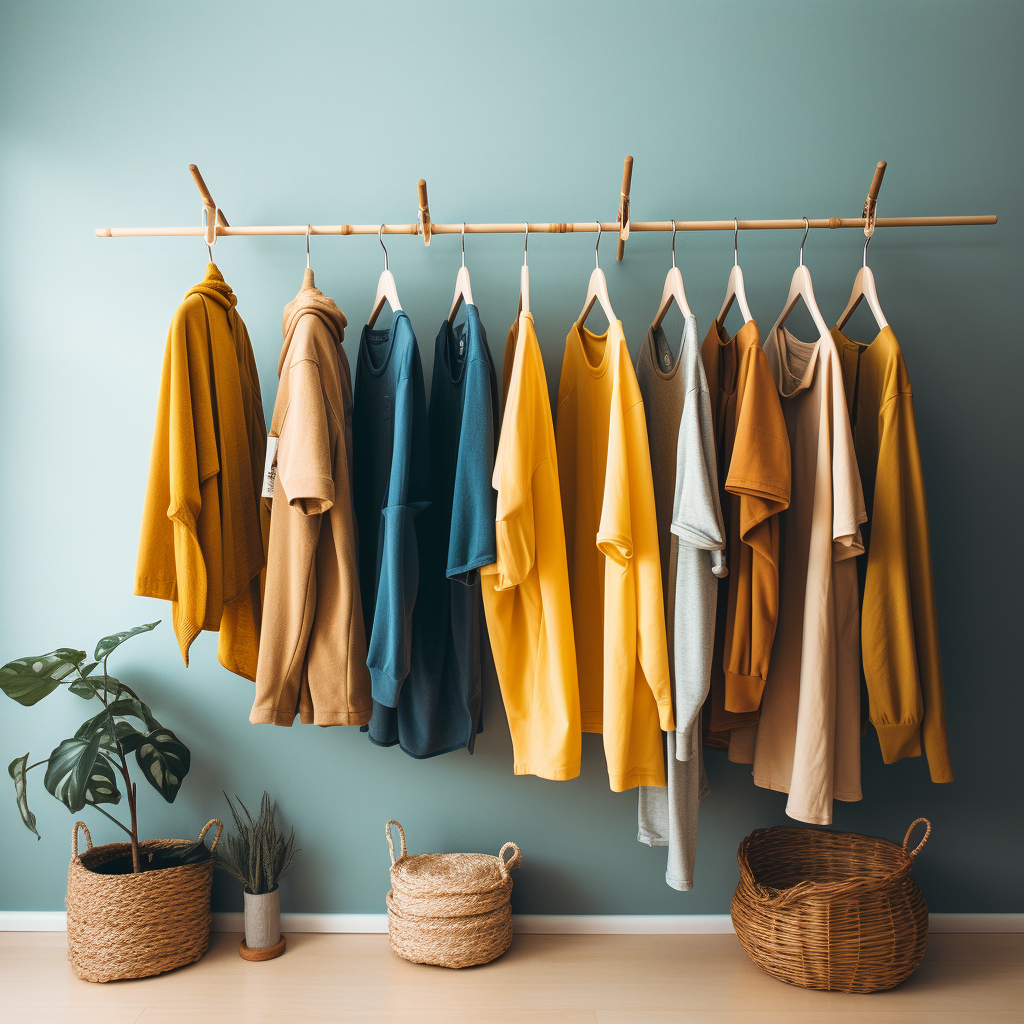
Specialized T-shirt Manufacturers vs. General Apparel Manufacturers:
Specialized T-shirt Manufacturers: As the name suggests, these manufacturers specialize exclusively in T-shirt production. Their expertise lies in understanding the nuances of T-shirt fabrics, printing techniques, and design trends.
They often have specific machinery tailored for T-shirt production, ensuring optimal results. If your business is solely focused on T-shirts or if you’re looking for intricate designs and techniques, these manufacturers are your best bet.
General Apparel Manufacturers: These are the jack-of-all-trades in the clothing manufacturing world. They produce a wide range of apparel items, from trousers to jackets and, of course, T-shirts. While they have broader expertise,
they might not have the specialized knowledge or equipment that a dedicated T-shirt manufacturer possesses. However, they’re an excellent choice for businesses that deal with a diverse range of apparel items and want to consolidate their manufacturing needs under one roof.
In conclusion, the type of T-shirt manufacturer you choose in China should align with your brand’s priorities, scale, and long-term vision. Whether you opt for a high-quality manufacturer or a general apparel one, the key lies in building a strong, transparent relationship that ensures consistent quality and timely deliveries. By understanding the landscape and doing thorough research, you can find the perfect manufacturing partner in China to elevate your T-shirt business to new heights.
Key Considerations Before Choosing a Manufacturer
Selecting the right T-shirt manufacturer in China, or anywhere for that matter, is a pivotal decision that can make or break your apparel business. It’s not just about who offers the lowest price, but about aligning with a partner who understands and can meet your brand’s ethos, quality, and operational needs. Here are some crucial considerations to keep in mind:
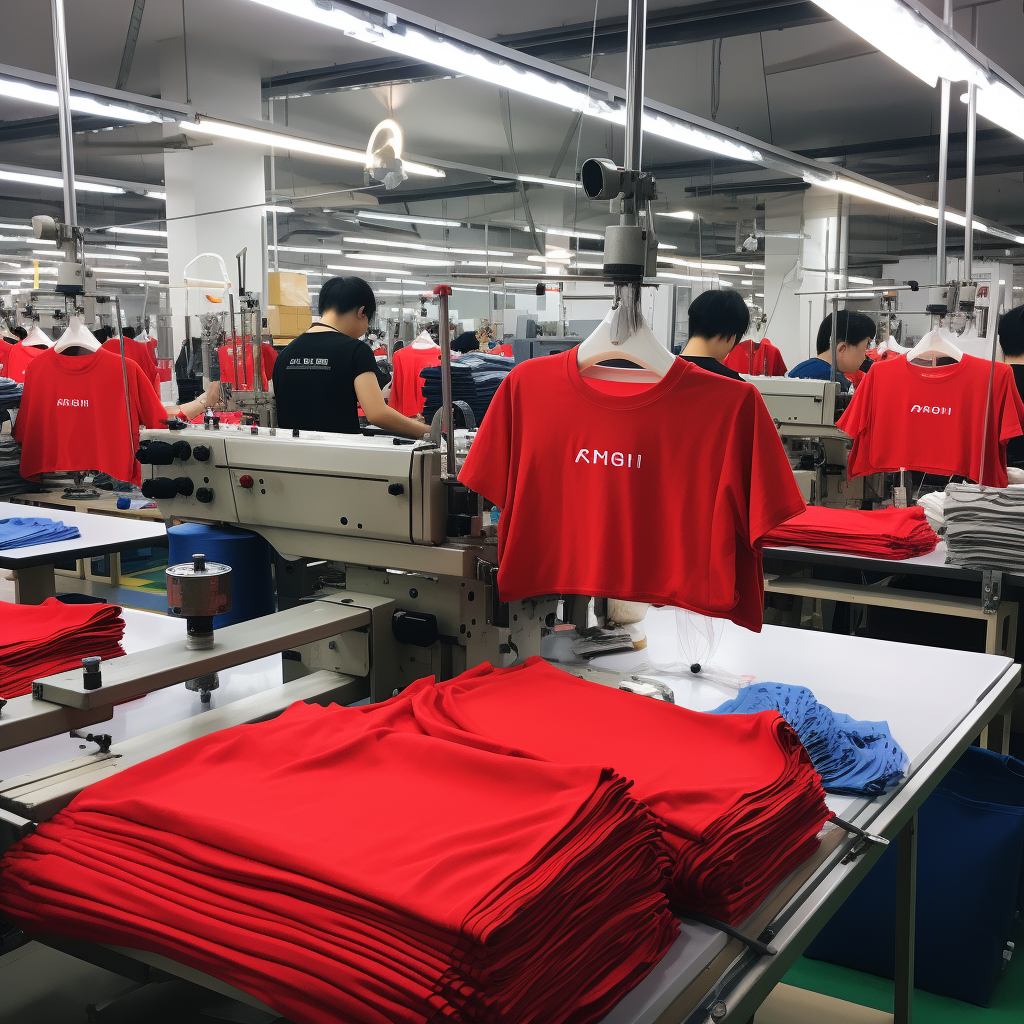
Quality Control and Assurance:
Quality is the backbone of any apparel business. A T-shirt might look good on a hanger, but if it starts to fray after a few washes, customers won’t return. When evaluating manufacturers, inquire about their quality control processes. Do they have dedicated teams for quality checks? How do they handle defects or deviations from the agreed-upon standards? A manufacturer with a robust quality assurance process will ensure that the end product consistently meets your specifications.
Minimum Order Quantities (MOQ):
Especially for startups or smaller businesses, MOQ can be a significant barrier. Some manufacturers might offer attractive per-unit prices but demand a large MOQ, which could be risky or unfeasible for newer brands. It’s essential to find a balance: a manufacturer that offers reasonable MOQs without compromising on quality or price. Remember, starting small can be wise, allowing you to test the market before scaling up.
Customization Capabilities:
The ability to customize designs, materials, and other elements is crucial in the fashion industry, where differentiation can be a major selling point. Does the manufacturer have the capability to produce custom fabrics or unique prints? Can they source specific materials or use specialized techniques you desire? Their ability to adapt and cater to your unique needs can be a significant advantage in a saturated market.
Communication and Responsiveness:
A smooth, transparent communication channel with your manufacturer can save you countless headaches down the line. Delays, misunderstandings, or mistakes can be costly. Evaluate how responsive a potential manufacturer is during the initial discussions. Do they understand your needs? Are they prompt in their responses? A manufacturer that values communication will be easier to work with and can help preempt potential issues.
Ethical and Sustainable Practices:
With consumers becoming increasingly conscious of the ethical and environmental implications of their purchases, aligning with a manufacturer that follows ethical labor practices and sustainable production methods is more important than ever. This isn’t just about ticking a box for corporate social responsibility; it’s about building a brand that resonates with modern consumers. Ask potential manufacturers about their labor policies, sourcing of materials, waste management, and other relevant practices. Partnering with an ethically-minded manufacturer can enhance your brand’s reputation and appeal to a broader customer base.
In conclusion, while the allure of cost savings and expertise might draw businesses to Chinese T-shirt manufacturers, it’s essential to delve deeper. By considering the above factors and conducting thorough due diligence, you can find a manufacturing partner that aligns with your brand’s values, quality standards, and operational needs, setting the foundation for a successful, long-term partnership.
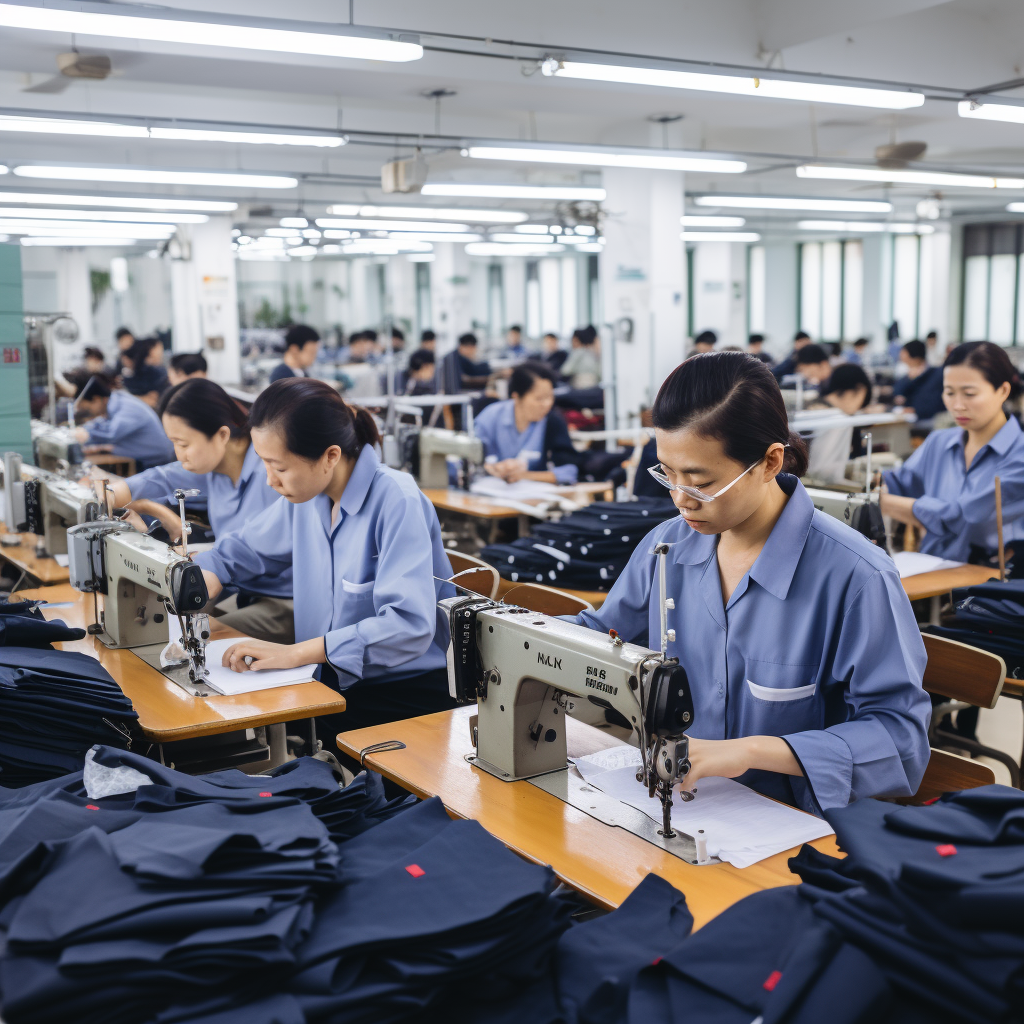
Steps to Finding the Right Manufacturer
Navigating the vast manufacturing landscape in China can be daunting. However, with a systematic approach, finding the right T-shirt manufacturer becomes a manageable task. Here’s a step-by-step guide to ensure you partner with a manufacturer that aligns with your brand’s vision and requirements:
Researching and Shortlisting Potential Manufacturers:
Start Online: Begin your search by exploring online B2B platforms like Alibaba, Made-in-China, and Global Sources. These platforms provide a plethora of manufacturers, complete with ratings, reviews, and product listings.
Industry Recommendations: Networking within your industry can provide invaluable insights. Connect with peers, industry insiders, or even competitors to gather recommendations. Often, word-of-mouth references can lead you to trusted manufacturers.
Compile a List: Based on your research, create a list of potential manufacturers. Consider factors like their experience, product range, customer reviews, and certifications.
Visiting Trade Shows and Industry Events:
Broaden Your Horizons: Trade shows offer a unique opportunity to meet multiple manufacturers under one roof. Events like the Canton Fair or the China International Fashion Fair are excellent starting points.
Face-to-Face Interactions: Engaging with manufacturers directly allows you to gauge their professionalism, expertise, and enthusiasm. It also provides a firsthand look at their product range and quality.
Networking: Beyond manufacturers, trade shows are a hub for industry professionals. Engaging with them can provide insights, recommendations, and even introductions to reliable manufacturers.
Conducting Factory Visits:
Plan Ahead: Once you’ve shortlisted manufacturers, schedule visits to their factories. This step is crucial, as it offers a transparent look into their operations, quality control processes, and work ethics.
Observe and Question: During your visit, pay attention to the factory’s cleanliness, the workers’ conditions, and the machinery’s state. Ask about their production capacities, lead times, and quality control measures.
Ethical Considerations: Ensure the manufacturer adheres to ethical labor practices. This not only aligns with global ethical standards but also ensures consistent quality and timely deliveries.
Asking for and Evaluating Samples:
Request Samples: Before finalizing a manufacturer, ask for product samples. This gives you a tangible sense of their quality, craftsmanship, and attention to detail.
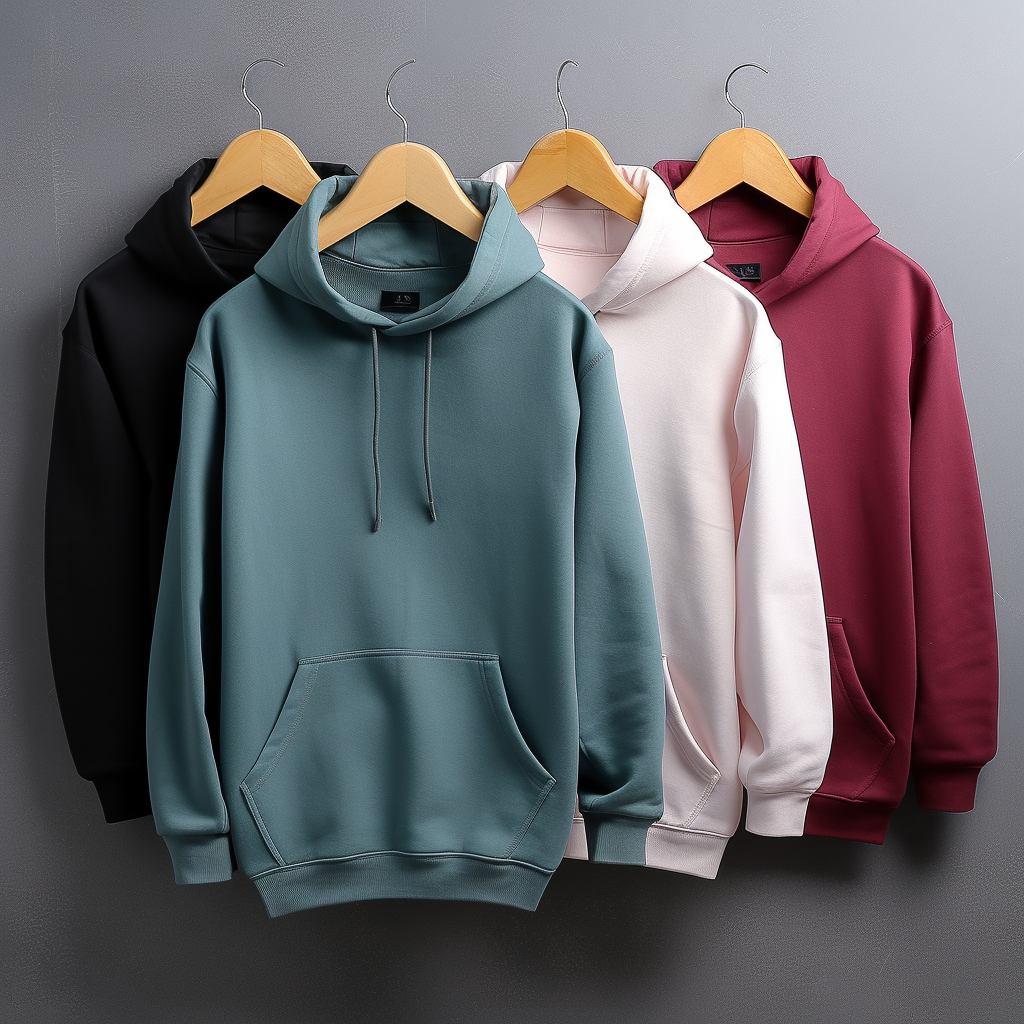
Evaluate Thoroughly: Once you receive the samples, evaluate them critically. Check for material quality, stitching precision, print quality (if applicable), and overall finish. It might also be beneficial to wash the samples to check for color fastness and material durability.
Feedback Loop: If there are issues with the samples, communicate them to the manufacturer. Their responsiveness and willingness to address concerns are indicative of their professionalism and customer service quality.
In conclusion, finding the right T-shirt manufacturer in China is a meticulous process that requires research, due diligence, and proactive engagement. By following these steps, you can ensure that you partner with a manufacturer that not only meets your quality standards but also aligns with your brand’s ethos and vision. Remember, the right manufacturing partner can be the difference between a successful apparel brand and an average one. Invest time and effort in this process, and the dividends will be evident in the quality and success of your T-shirt line.
Navigating the Business Culture in China
Doing business in China is not just about transactions; it’s about building lasting relationships and understanding the intricate nuances of a rich cultural tapestry. Here’s a guide to help you navigate the business culture in China effectively:
Importance of Building Relationships (Guanxi):
Guanxi, a term that doesn’t have a direct English translation, is often described as the system of social networks and influential relationships that facilitate business and other dealings. In China, personal relationships often precede business relationships. Before diving into business negotiations, it’s common to spend time getting to know your potential partners, often over dinners or informal gatherings. Cultivating Guanxi can open doors, expedite processes, and foster trust.
Understanding Cultural Nuances and Etiquettes:
Respect and Hierarchy: Chinese business culture places a significant emphasis on hierarchy. It’s essential to show respect to senior members, address them with their correct titles, and be patient, as decisions often flow top-down.
Gift Giving: Presenting small gifts as a token of appreciation is a common practice. However, be cautious about the type of gift and its value, as it shouldn’t come off as a bribe.
Face (Mianzi): Preserving one’s dignity or ‘face’ is crucial. Avoid confrontations or direct refusals, as they can be seen as affronts.

Communication Best Practices:
Indirect Communication: Chinese communication style can be subtle. Instead of direct refusals, you might encounter vague responses. It’s essential to read between the lines and understand non-verbal cues.
Language: While many business professionals in China speak English, having an interpreter can be beneficial, especially during formal meetings. It shows respect and ensures clear communication.
Follow-ups: After meetings, it’s a good practice to send summarized notes, reiterating discussed points. It ensures clarity and shows professionalism.
In essence, doing business in China requires a blend of patience, understanding, and adaptability. By respecting the cultural norms and building genuine relationships, you can pave the way for successful and fruitful collaborations in the Chinese T-shirt manufacturing sector.
Legal and Contractual Aspects
Navigating the vast landscape of China’s manufacturing sector requires not only an understanding of cultural nuances but also a firm grasp of the legal and contractual intricacies. Here’s a guide to help you understand the essential legal aspects when dealing with T-shirt manufacturers in China:
Importance of Clear Contracts:
Clarity and Precision: When drafting contracts, ensure that all terms, conditions, and expectations are explicitly stated. Ambiguities can lead to misunderstandings, disputes, or unintended breaches.
Local Expertise: It’s beneficial to work with local legal experts who understand China’s legal landscape. They can help draft contracts that are compliant with local laws and are enforceable in Chinese courts.
Dispute Resolution: Clearly outline the mechanisms for resolving disputes, whether it’s through arbitration in a neutral location or litigation in specific jurisdictions.
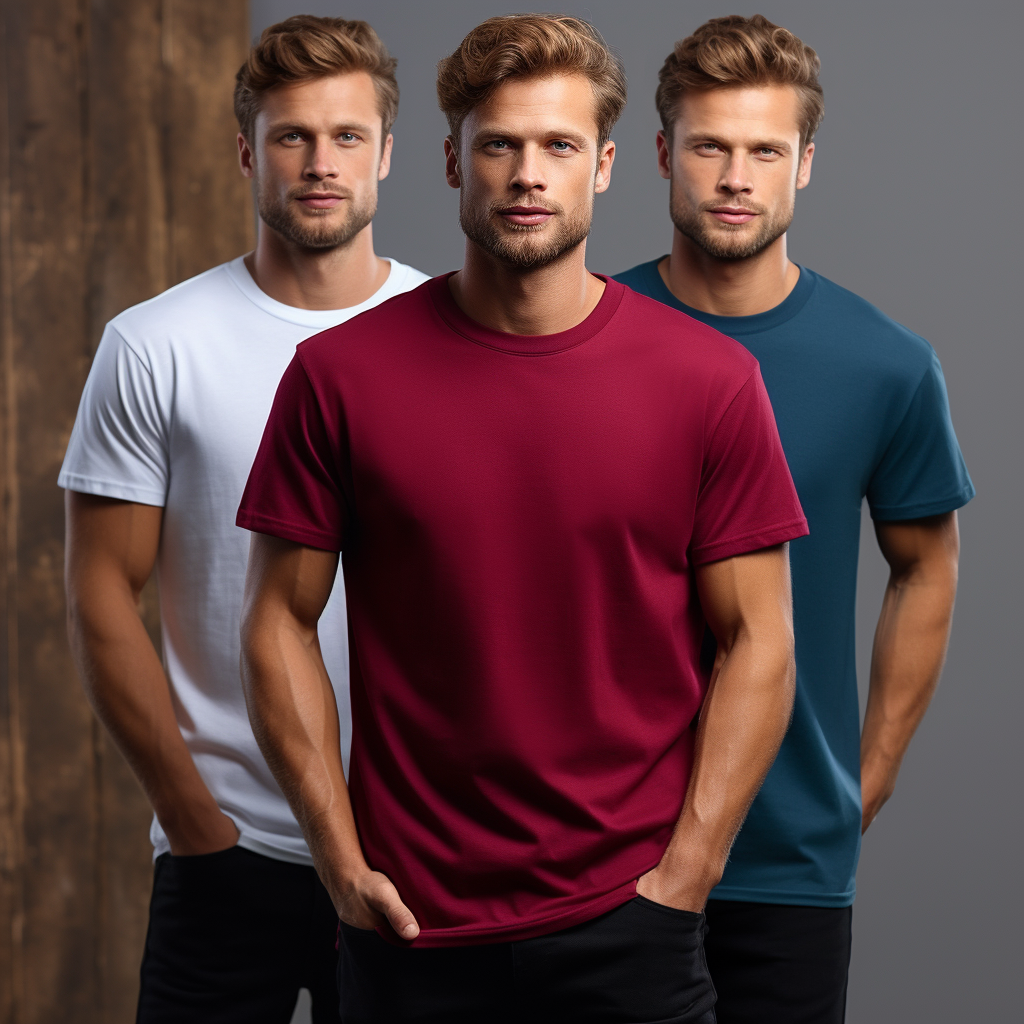
Protecting Your Intellectual Property (IP):
Registration: Before entering the Chinese market or starting negotiations with manufacturers, ensure that your IP (designs, trademarks, patents) is registered in China. The country operates on a “first-to-file” system, meaning the first person to register the IP has the rights, regardless of who used it first.
Non-disclosure Agreements (NDAs): Before sharing any designs or proprietary information, have potential partners sign NDAs. It provides a layer of protection against unauthorized sharing or replication of your designs.
Stay Updated: IP laws in China have been evolving rapidly. Stay updated on any changes to ensure continuous protection of your assets.
Understanding China’s Business Laws and Regulations:
Business Structure: If you plan to set up a business entity in China, understand the different types of structures available, such as Wholly Foreign-Owned Enterprises (WFOE) or Joint Ventures (JV), and their implications.
Regulatory Compliance: China has specific regulations concerning product quality, safety standards, and import/export duties. Ensure that your operations and products comply with these standards to avoid legal complications.
Labor Laws: If you’re directly employing staff in China, be aware of the labor laws, which cover aspects like working hours, overtime, and employee rights. Adherence to these laws is crucial to avoid disputes and legal challenges.
In conclusion, while China offers immense opportunities for T-shirt manufacturing, it’s imperative to approach the venture with a clear understanding of the legal landscape. By ensuring robust contracts, protecting your IP, and staying compliant with local laws, you can build a successful and sustainable business relationship in China.
Potential Challenges and How to Overcome Them
Engaging with T-shirt manufacturers in China, like any international business venture, comes with its set of challenges. While the rewards can be significant, it’s essential to be aware of potential obstacles and have strategies in place to address them. Here’s a look at some common challenges and how to navigate them:
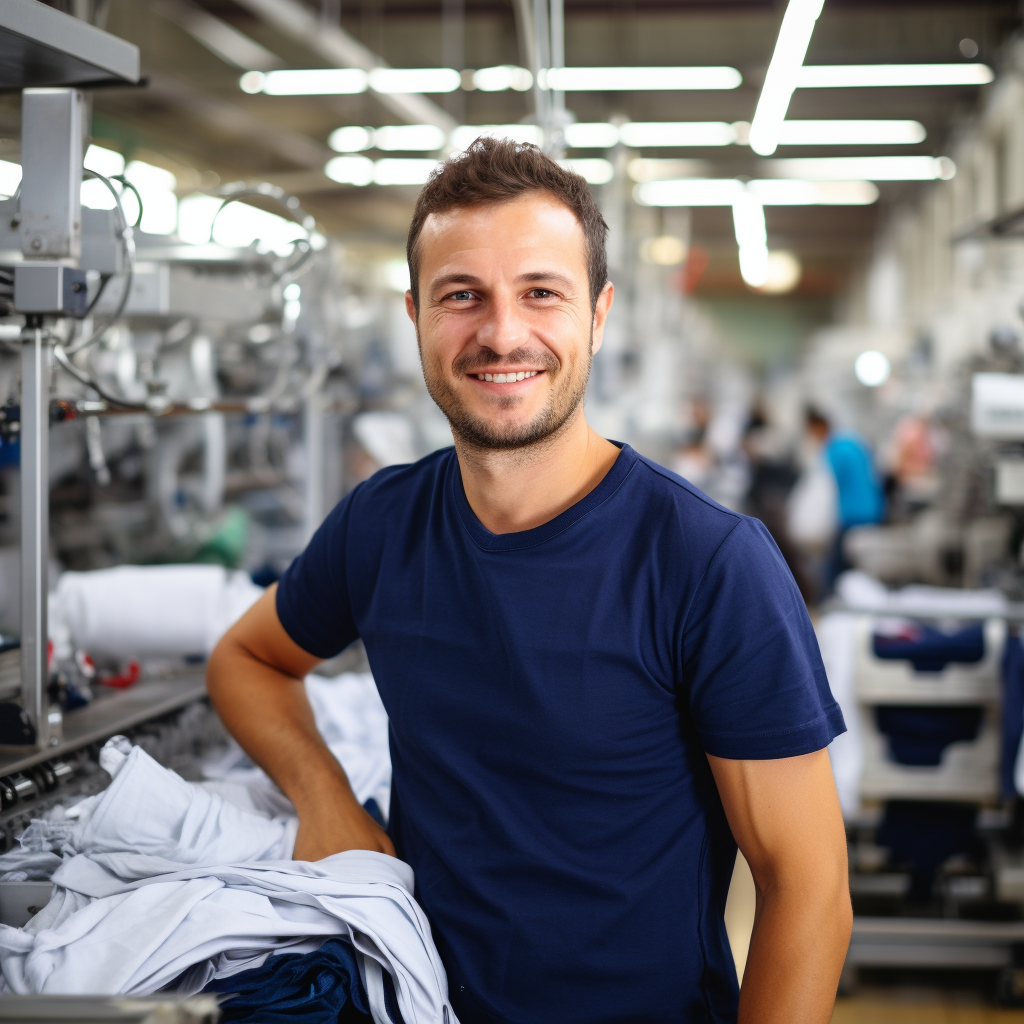
Language Barriers:
Challenge: Communication is fundamental in business, and language differences can lead to misunderstandings, misinterpretations, or missed opportunities.
Solution:
Hire a Local Interpreter: Having a trusted interpreter can ensure that both parties understand each other clearly.
Bilingual Contracts: Ensure that all contracts and important documents are available in both English and Chinese.
Language Courses: Consider basic Mandarin courses for key personnel. Even a rudimentary understanding can foster goodwill.
Time Zone Differences:
Challenge: China’s time zone is significantly different from many western countries, which can lead to delays in communication and decision-making.
Solution:
Scheduled Communication: Set regular times for meetings that work for both parties. Tools like World Time Buddy can help coordinate across time zones.
24/7 Points of Contact: Have designated personnel who can be reached outside of regular hours for emergencies.
Quality Inconsistencies:
Challenge: One of the most cited concerns is inconsistent product quality, which can impact brand reputation and customer trust.
Solution:
Regular Quality Checks: Implement a robust quality control process, with regular checks at different stages of production.On-site Visits: Periodic visits to the manufacturing site can ensure adherence to quality standards and provide opportunities to address concerns in real-time.
Clear Specifications: Ensure that all product specifications are detailed and clear, leaving no room for ambiguity.
Tips and Strategies to Mitigate Challenges:
Build Relationships: In Chinese business culture, relationships (or “Guanxi”) play a crucial role. Invest time in building strong, personal relationships with your manufacturing partners.
Leverage Technology: Use digital communication tools like WeChat, Skype, or Zoom for regular communication. Translation apps can also be handy in real-time conversations.
Seek Feedback: Encourage open communication and seek feedback from the manufacturer. They might offer insights or suggestions that can enhance the product or process.
Stay Informed: Keep abreast of any changes in regulations, industry trends, or market dynamics in China that might impact your business.
In conclusion, while challenges are inherent in international business dealings, they are not insurmountable. With preparation, understanding, and proactive strategies, businesses can successfully navigate these challenges and build fruitful, long-term partnerships with T-shirt manufacturers in China.
Case Study: A Success Story
Brand Name: TeePerfection
Background: TeePerfection, a budding apparel brand based in Los Angeles, aimed to introduce a line of eco-friendly T-shirts that combined style with sustainability. With a tight budget but high aspirations, they looked towards China for manufacturing, given its reputation for cost-effective production.
The Process:
Research: TeePerfection spent months researching potential manufacturers, focusing on those with a track record of sustainable practices. They used online platforms, attended trade shows, and sought recommendations.
Shortlisting: After initial research, they shortlisted five manufacturers that aligned with their vision and had positive reviews.
Factory Visits: The brand’s core team visited these factories, assessing their infrastructure, machinery, and quality control processes. They also gauged the factories’ commitment to sustainability.
Sampling: Post visits, they requested samples from three manufacturers that stood out. The samples underwent rigorous quality checks.
Challenges Faced:
Communication: Language was a barrier, but TeePerfection hired a local interpreter, ensuring smooth communication.
Quality Concerns: The initial samples from one manufacturer didn’t meet the brand’s standards. However, open feedback and clear specifications helped rectify this.
Sustainability Assurance: Ensuring that the entire production process was eco-friendly was challenging. TeePerfection insisted on certifications and third-party audits to validate claims.
Outcomes:
Partnership: TeePerfection partnered with GreenTee Factory in Guangzhou, known for its sustainable practices and high-quality production.
Product Launch: Within six months, TeePerfection launched its line, which was an instant hit. The T-shirts were not only stylish but also boasted of a minimal carbon footprint.
Cost Efficiency: Manufacturing in China allowed TeePerfection to keep the retail price competitive, attracting a broader audience.
Brand Reputation: The brand’s commitment to sustainability, combined with the quality of the T-shirts, bolstered its reputation. They were lauded for their transparency about sourcing and manufacturing.
In the vast realm of T-shirt manufacturing in China, one name stands out for its commitment to quality, innovation, and customer satisfaction: Mokanits. Recognized for its state-of-the-art facilities, skilled workforce, and adherence to global standards, Mokanits has established itself as China’s premier T-shirt manufacturer. For businesses seeking the best in the industry, Mokanits is the go-to choice, ensuring top-notch products that resonate with global audiences
Conclusion: TeePerfection’s journey underscores the potential of sourcing T-shirt manufacturing in China. With due diligence, clear communication, and a commitment to quality, brands can turn their vision into a tangible, market-ready product. Their success story serves as an inspiration for many emerging brands looking to make their mark in the apparel industry.

Future Trends in T-shirt Manufacturing in China
The T-shirt manufacturing landscape in China is evolving rapidly, driven by technological innovations, global trade shifts, and a growing emphasis on sustainability. Here’s a glimpse into the future trends that are set to redefine this sector:
Technological Advancements:
Shifts in Global Trade Dynamics:
- Increasing Focus on Sustainability:
- Eco-friendly Materials: There’s a growing demand for T-shirts made from organic cotton, bamboo, and other sustainable materials. Manufacturers are investing in sourcing these eco-friendly alternatives to cater to environmentally conscious consumers.
- Circular Fashion: The concept of circular fashion, where products are designed for longevity and eventual recycling, is gaining traction. Chinese manufacturers are researching ways to produce T-shirts that can be easily recycled or upcycled, reducing environmental impact.
- Sustainable Certifications: To validate their green credentials, many manufacturers are seeking certifications like Global Organic Textile Standard (GOTS) and OEKO-TEX. These certifications assure consumers of the eco-friendly nature of the products.
In conclusion, the future of T-shirt manufacturing in China looks promising, marked by technological innovations, adaptability to global trade shifts, and a profound commitment to sustainability.
Conclusion
The journey of sourcing the right T-shirt manufacturer in China is intricate, demanding a blend of research, cultural understanding, and keen business acumen. As we’ve traversed through the various facets of this process, one element stands out prominently: the importance of due diligence. Whether it’s in assessing the quality standards of a potential manufacturer, understanding the nuances of Chinese business culture, or navigating the legal landscape, a meticulous approach is paramount. Cutting corners or making hasty decisions can lead to costly mistakes, both in terms of finances and brand reputation.
However, the challenges should not overshadow the immense potential that China’s manufacturing sector offers. With its rich history in textile production, advanced technological infrastructure, and unparalleled scale, China remains a global powerhouse in apparel manufacturing. For businesses willing to invest the time and effort into finding the right partner, the rewards can be substantial.
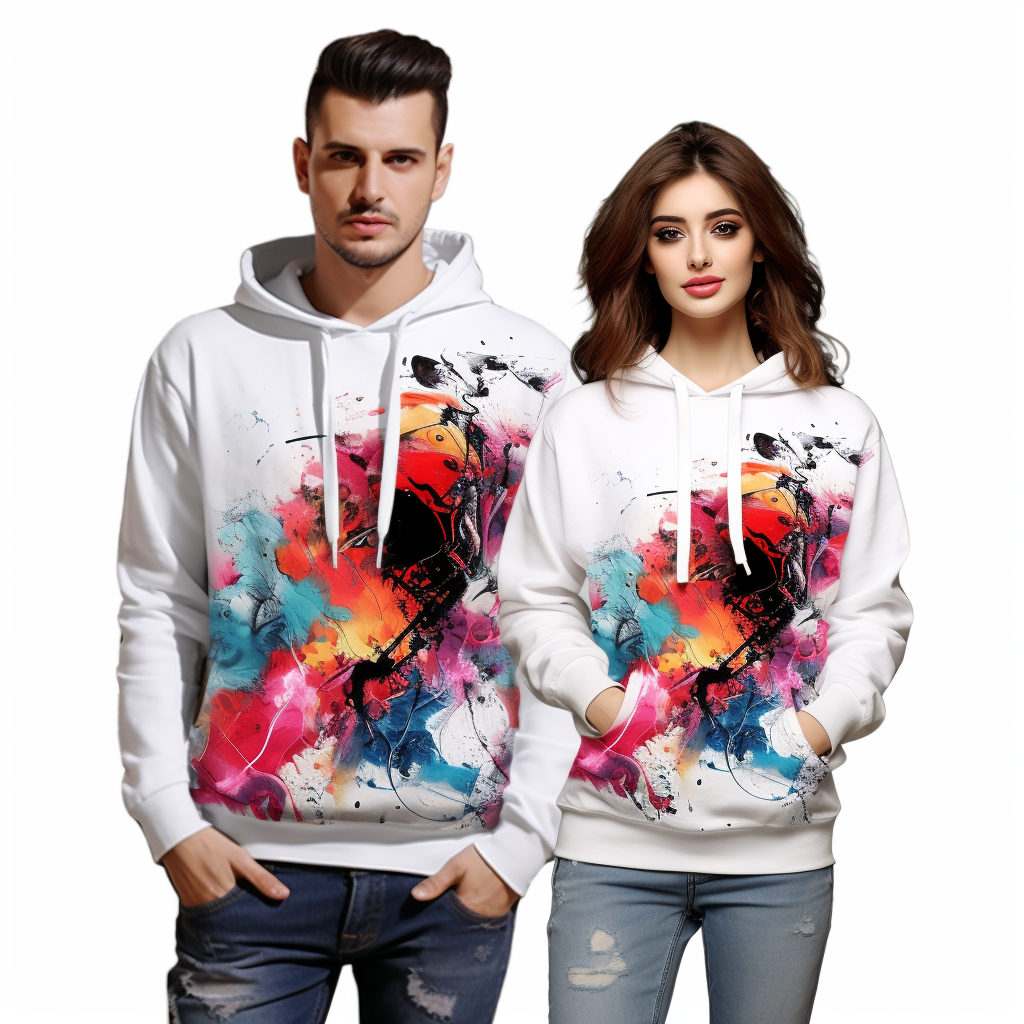
In closing, while the path to finding the perfect T-shirt manufacturer in China may be strewn with challenges, the destination promises lucrative rewards. By leveraging China’s manufacturing prowess, businesses can achieve not only cost efficiencies but also access to innovation, quality, and scale that are hard to match. As you embark on this journey, let the insights and strategies shared in this guide be your compass, leading you to success in the dynamic world of T-shirt manufacturing.
Resources and Further Reading
For those eager to delve deeper into the world of T-shirt manufacturing in China, a wealth of resources awaits. Key trade shows include the China Textile and Apparel Trade Show and the Canton Fair. Online platforms like Alibaba and Global Sources can be invaluable in your search. Additionally, consider publications like the China Business Handbook for insights into the broader business landscape. These resources offer a starting point, but remember, firsthand experience and personal connections often prove most valuable.




